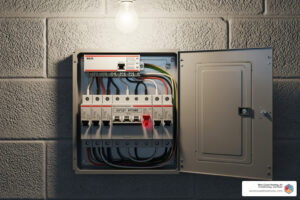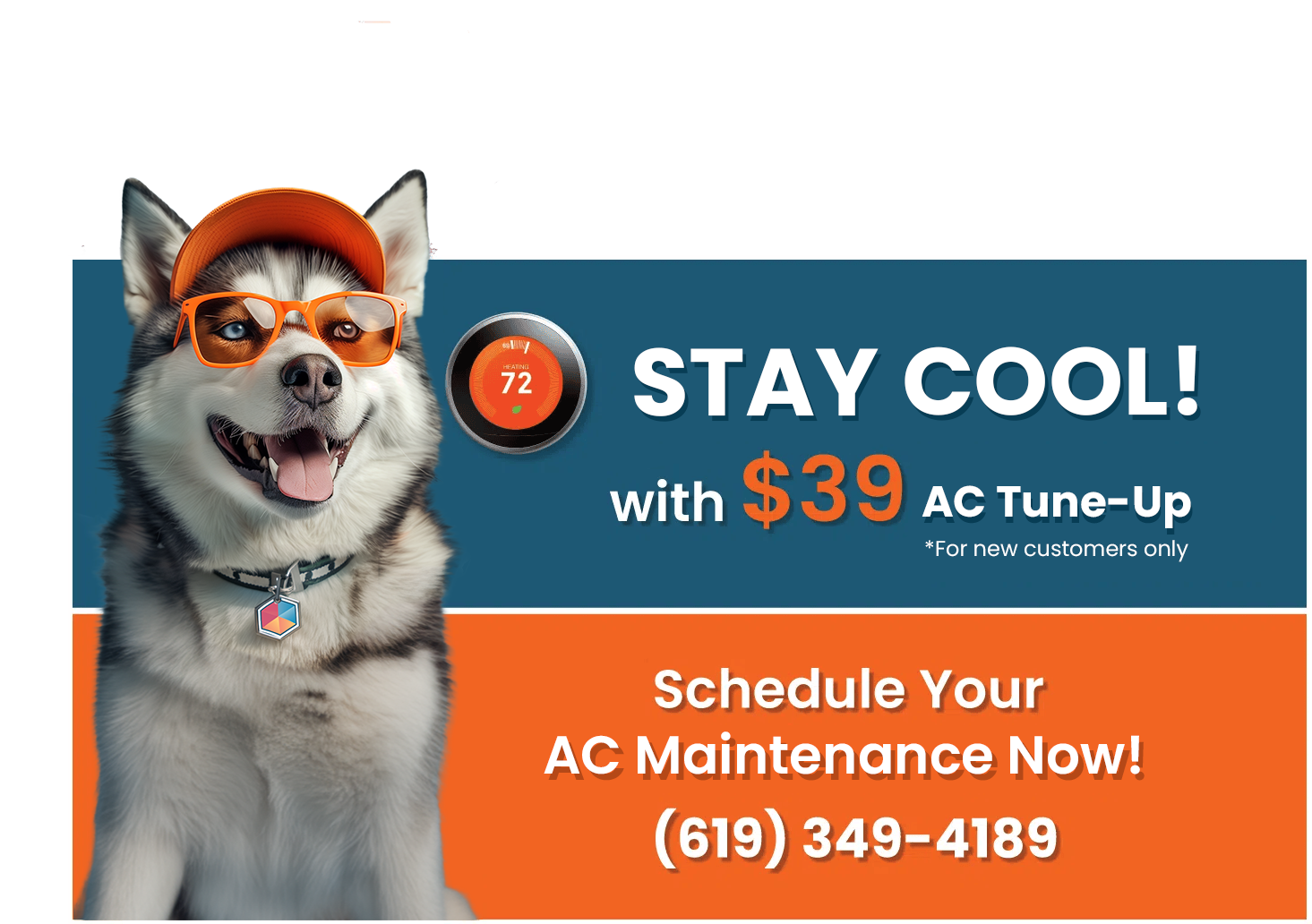The higher an air conditioner’s SEER or EER rating means it is more energy efficient. SEER and EER are both measurements of an air conditioner’s energy efficiency, but what is the difference and how does it affect you? First, let’s define each of them.
EER (Energy Efficiency Ratio)
EER is the Energy Efficiency is calculated using a constant outside temperature of 95 degrees, a constant inside temperature of 80 degrees and a humidity level of 50%. No seasonal temperature changes are factored into a unit’s EER rating.
SEER (Seasonal Energy Efficiency Ratio)
SEER is the most common way to evaluate an air conditioner’s efficiency.
It is the average over a cooling season and is calculated using a constant indoor temperature and varying outdoor temperatures from the 60’s to over 100 degrees.
How does this affect you?
It is important to understand that SEER only applies to a specific set of test parameters that uses a universal pre-set temperature range. The average summer temperature SEER uses is 83degrees.
So this will affect you if you live in an area where the average temperature is higher you would need to subtract one SEER point per every 5 degrees above 83 degrees that it is.
So when comparing between brands the EER rating may give you a better idea of how efficiently that equipment will perform if in a hotter climate While SEER is going to help you determine of how efficient it is overall.
There are many financial incentives programs, rebates, and tax credits for upgrading to more energy efficient equipment. One of the websites you can find incentive programs on is https://www.energystar.gov/
ENERGY STAR distinguishes energy efficient products. Even though these products might cost more to purchase than the standard models, they will pay you back in lower energy bills even without a tax credit.
You can also look at CEEdirectory.org
The CEE Directory can help you find energy efficient equipment certified through AHRI. It lists thousands of certified systems that qualify for CEE’s residential and commercial HVAC and water heating initiatives.
You can also find incentive programs on your utility companies website and you can search by state or zip code
When you get the power company that services your area look under the tab for incentive programs.
It can be overwhelming to wrap your head around all the different aspects of HVAC and what the best decision is for your home or business. Perhaps the most important decision is which company you choose to install the system. It is best to find a highly reputable company for the installation and purchase the equipment through them as well. This allows them to make the profit from the sale as opposed to a retailer, which often affords them the ability to discount the installation.





